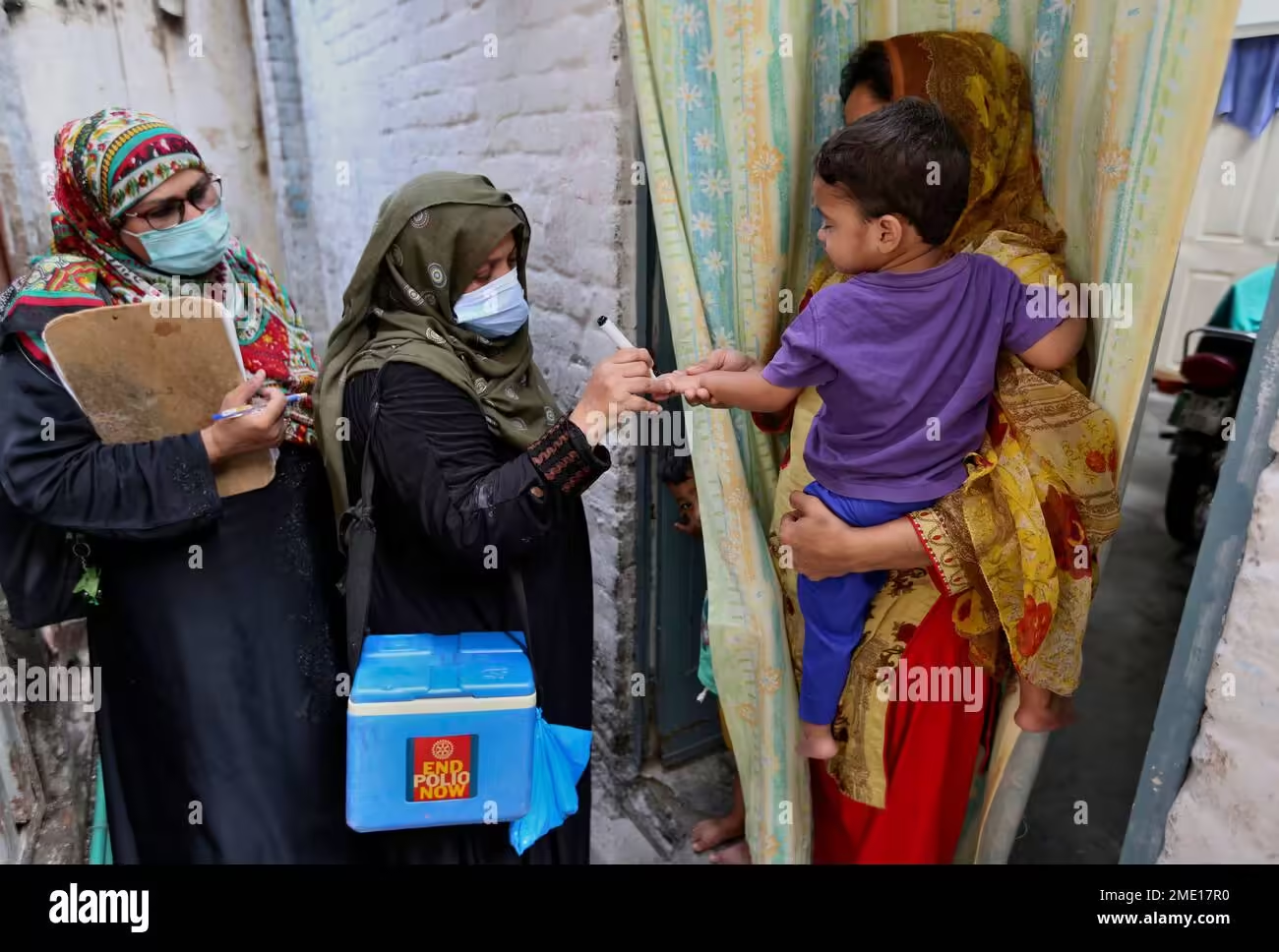A comprehensive study led by Dr. SangNam Ahn, an associate professor at Saint Louis University, delves into the intricate connection between childhood and adult adversity, shedding light on their profound effects on psychiatric and cognitive decline.
The research indicates that facing adversity during childhood may increase susceptibility to mental illness in adulthood. Similarly, confronting challenges as an adult may heighten the likelihood of both mental illness and cognitive decline in later stages of life.
Dr. Ahn emphasizes the complexity of life and highlights the study’s importance in examining the lasting health effects of adversity, both in childhood and adulthood, on physical, psychiatric, and cognitive health.
The study analyzed data from over 3,500 individuals spanning a 24-year period, utilizing longitudinal data to investigate persistent traumatic incidents throughout life. Childhood adversity included financial difficulties, parental unemployment, legal troubles, repeating school years, physical abuse, and parental drug addiction. Adult adversity-inducing events ranged from loss and exposure to natural disasters to conflicts, substance abuse, physical attacks, family illnesses, reliance on government assistance, and unemployment.
Both childhood and adulthood adversity correlated with increased risks of anxiety and depression later in life, with adults who faced hardships being more prone to cognitive decline.
Surprisingly, lower levels of adversity were associated with higher levels of education. The study suggests that education might provide individuals with better coping mechanisms, reducing reliance on unhealthy habits.
While childhood adversity initially showed a robust connection with cognitive decline, the correlation disappeared when education was factored in. This highlights the potential role of education in preventing or mitigating cognitive declines.
The study underscores the critical role of education in health outcomes, linking it to improved employment opportunities, higher income, safer living environments, regular physical activity, and healthier dietary habits, serving as protective measures against the adversities highlighted in the research.
Dr. Ahn advocates for open discussions about stress between clinicians and individuals, fostering a better understanding of patients’ overall health. Additionally, addressing stress openly, not only in clinical settings but also in everyday conversations, may empower individuals in coping effectively with life’s challenges, ultimately mitigating long-term effects.



